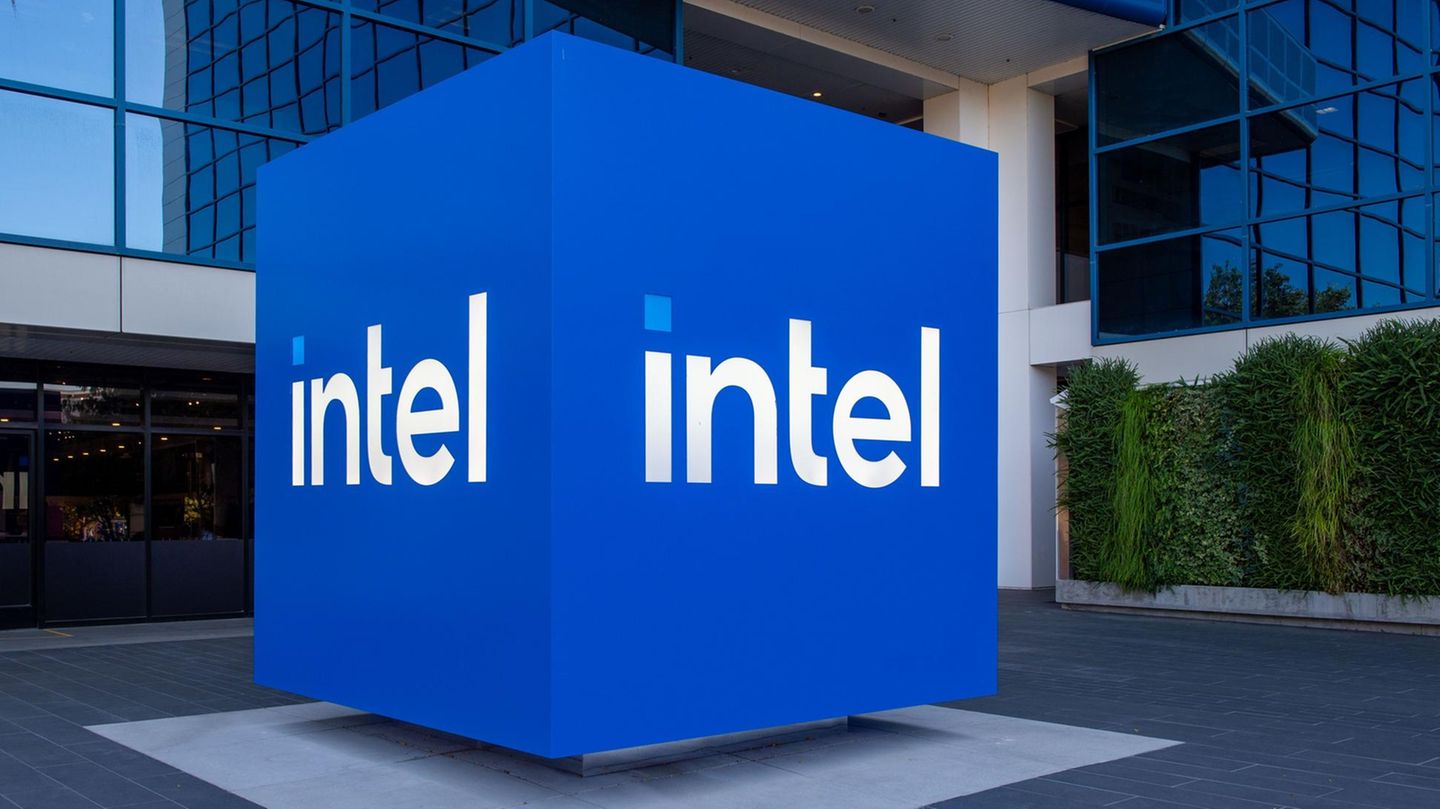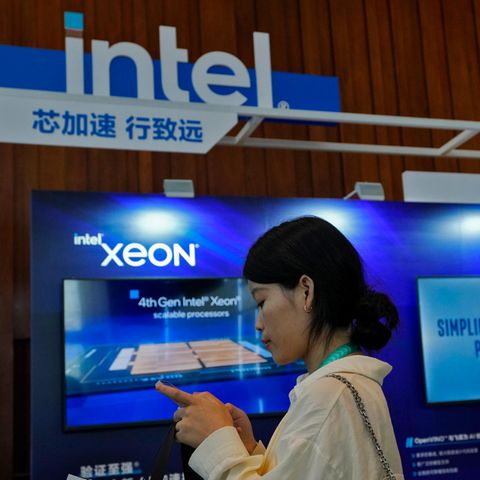Hard austerity course
Chip group Intel gives plans for mega factory in Germany
Copy the current link
Add to the memorial list
The chip group Intel already put the large factory in Magdeburg on hold last year. Now the final thing comes from. The new boss has to save.
The troubled US chip group Intel gives up the billion dollar plans for a mega factory in Magdeburg. As part of his efforts to increase the return on capital, Intel “will no longer continue with planned projects in Germany and Poland,” said the company on Thursday when the company’s number announced for the second quarter. Further details were initially not given.
Last September it was said that the factory construction would probably be delayed by two years. However, the company had recently fallen back in the development of state -of -the -art chips, in the face of persistently poor balance sheet figures, doubts about the expansion plans had arisen. The then boss Pat Gelsinger had to leave the company in late 2024. His successor Lip-Bu Tan grabbed a hard austerity course to get the balance under control. He wants to cut a quarter of the almost 100,000 jobs until the end of the year.
In order to keep the costs under control, Intel will only build new works in the future when the need is there, Tan emphasized in an internal circular. Therefore, he wants to slow down the construction of new factories in the US state of Ohio.
Intel factory: 3000 jobs in Magdeburg were planned
Intel announced this from the plans in Germany together with the numbers for the past quarter. According to this, sales stagnated $ 12.9 billion in the year (10.98 billion euros). The bottom line was that there was a loss of $ 2.9 billion after red numbers of $ 1.6 billion a year earlier.
Intel had announced the construction of two Chipfabriken in Saxony-Anhalt. The first groundbreaking was targeted for 2024. Around 3000 jobs should be created. The investment was estimated at around 30 billion euros. The federal government had promised subsidies of around ten billion euros for the planned construction of the Chipfabrik.
Gelsinger once said that the most modern production processes in Magdeburg should be used in Magdeburg, with which Intel wanted to catch up with more successful competition. The start of production was originally expected for 2027 or 2028.
Intel hangs behind-missed AI trend
Intel once dominated the chip industry, but then fell back. A crucial moment was the lost fight for the place in smartphones. Intel hoped to transfer the strength in the PC business to the mobile devices-but the computer cell phones prevailed more economical processors. Smartphone chips do not come from Intel, but from competitors such as Qualcomm or TSMC.
The company has also overslept the AI trend and, especially in the case of profitable high-performance processors for servers, did not offer any competitive products. Another stress factor is the current US customs policy. Because of the uncertain prospects for the economy, consumers and companies hesitate to buy.
AFP · dpa · Reuters
RW
Source: Stern





